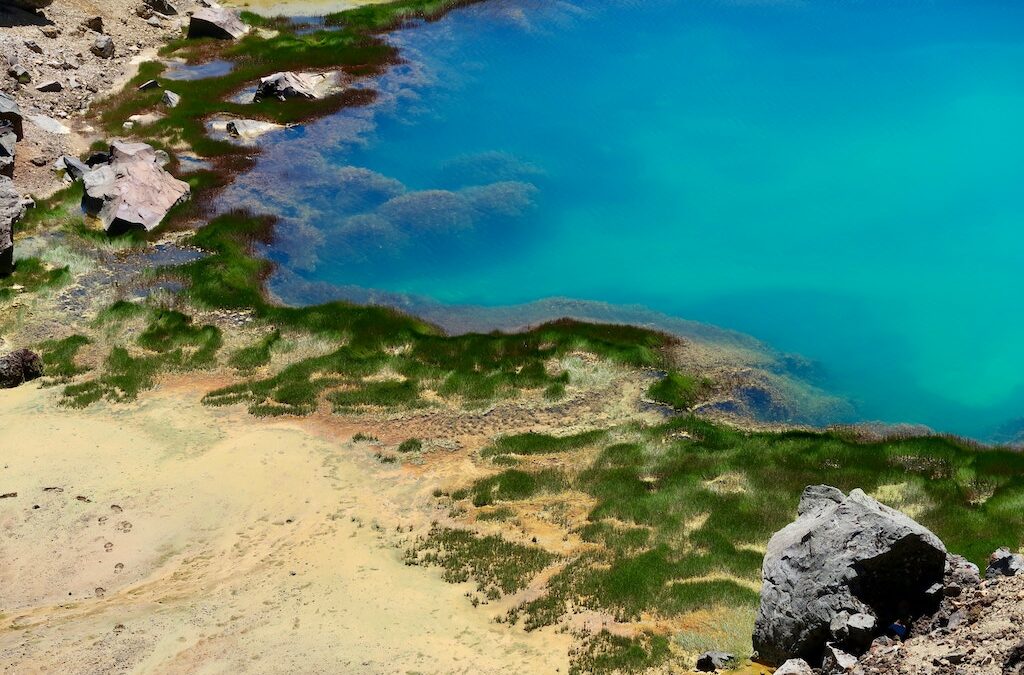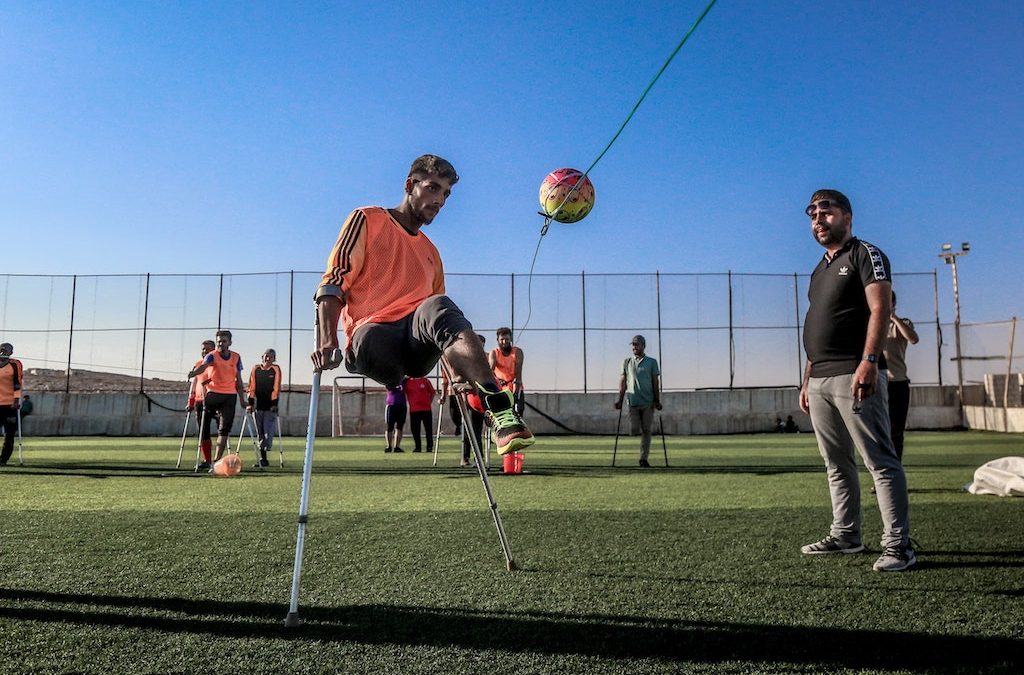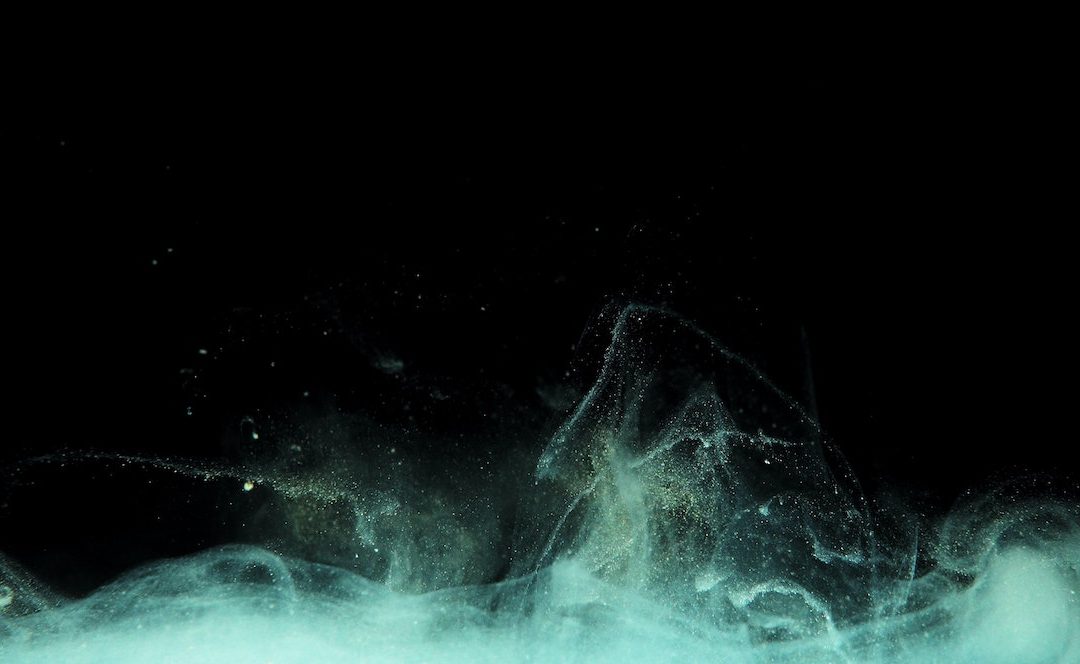
by David Nicholls | Nov 29, 2023 | Environmental Philosophies, Environmental Physiotherapy
Given that the word therapy makes up half of our profession’s name, you might think physiotherapists would have developed a thorough understanding of the concept. But this is not the case. In fact, within the physiotherapy literature, there has been almost no...

by Oka Sanerivi | Oct 26, 2023 | Environmental Justice, Environmental Philosophies, Environmental Physiotherapy, Indigenous perspectives
In Aotearoa New Zealand (hereafter Aotearoa), upon the meeting of strangers with Māori (the Indigenous people of Aotearoa), oftentimes you’ll hear the question “Ko wai koe?”, meaning “Who are you?”. The word ‘wai’ also translates to mean ‘water’. Thus for Māori, the...

by Ton Gevers | Oct 12, 2023 | Environmental Philosophies, Environmental Physiotherapy
Have you ever wondered who or what the patient truly is? In medicine, the patient is defined as “a person who is ill or undergoing treatment for a disease.” (Dictionary, 2023) Yet, in my opinion, this definition paints a narrow, one-dimensional portrait of the patient...

by Karime Mescouto | Sep 19, 2023 | Clinical Practice, Environmental Philosophies, Environmental Physiotherapy
If you are a healthcare professional like me, I am sure you have heard about the biopsychosocial model of health. This model was proposed by George Engel in 1977 to challenge the prevailing biomedical approach in psychiatry, as well as medicine, more broadly (Engel,...

by Sarah Schwab | Oct 4, 2022 | Disability, Environmental Issues and Health Impacts, Environmental Philosophies, Environmental Physiotherapy
A complete, humanized description of disability requires consideration of context (e.g., physical environment, social interactions, background life), and the factors contributing to function and disability should be sought at the interface of an individual and their...

by David Nicholls | Sep 2, 2022 | Environmental Philosophies, Environmental Physiotherapy
Here’s a question to ponder: When you think about the physical therapies — touch, movement, exercise, electrotherapy, hydrotherapy, and so on — do you naturally think about one human doing something to or for another? If you do, you’re not alone, because almost the...







